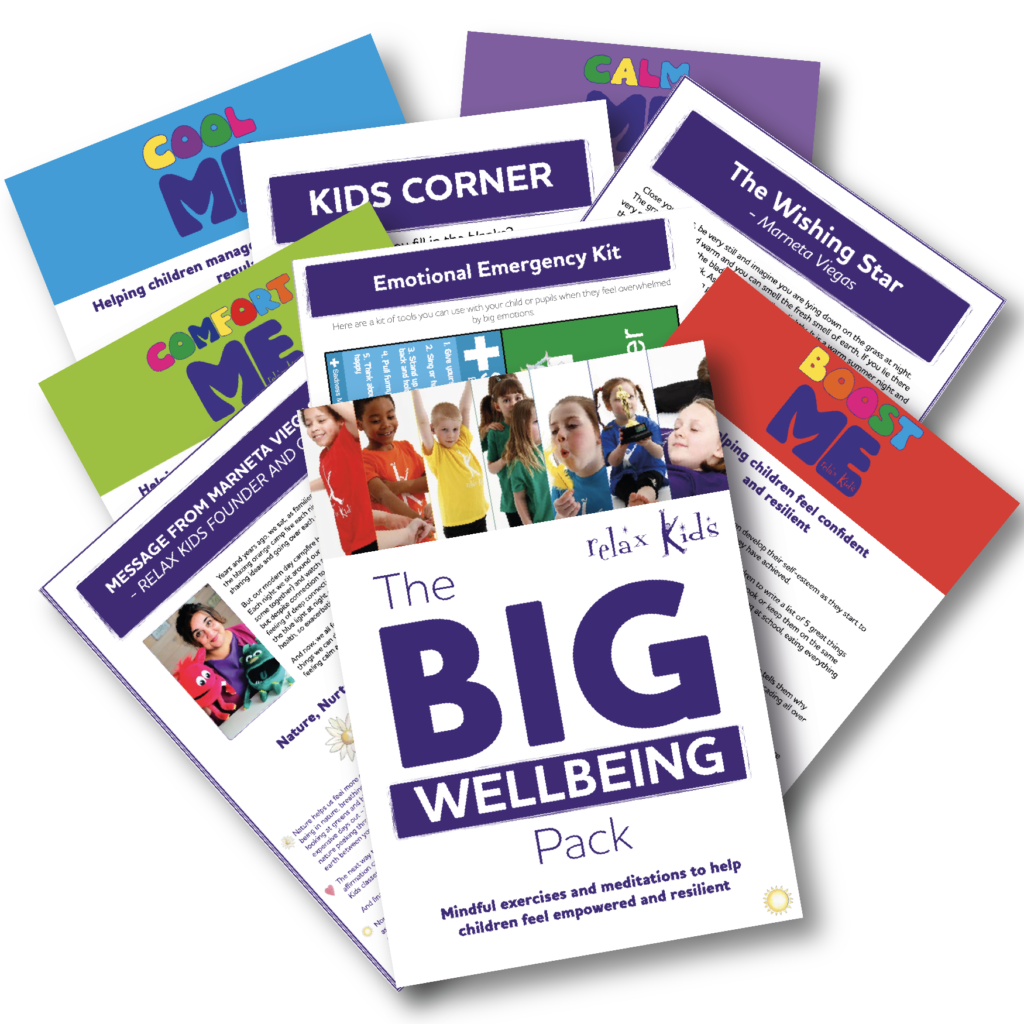[cjtoolbox name="Current Coach"]
Self-regulation resources and training to support children’s mental health
Self-regulation resources and training to support children’s mental health

Child anxiety is on the rise.
Research carried out by the Cambridge-based Primary Review says many school children are suffering from ‘deep anxiety’ and are overwhelmed by the messages, instructions and choice thrown at them each day.
A young developing brains is fragile and less suited to handling stress and negative emotions such as fear, anger, sadness or sorrow, particularly over longer periods of time.
Feelings of anxiety may be a reaction to personal/ family circumstances, school and peer pressures, media imposition or personal insecurity. These feelings can appear because of conflict with others, fear of rejection, bullying or having to complete tasks that they do not wish to.
Seeing your child anxious or worried about something is upsetting and often parents can feel unsupported and unsure what to do.
The main thing is to reassure that feelings of anxiety are NORMAL and experienced by EVERYONE.
Anxiety symptoms:
* Headaches
* Tummy aches
* Fast Breathing
* Sweating
* Difficulty Sleeping
* Bed wetting
* Feelings of hopelessness
* Feelings of being lost
* Emotional outbursts
* Nail Biting
* Feelings of not wishing to socialise / go to school
Here are 3 tips to help support your child:
Communicate:
Talk with one another about your fear of their anxiety/ what their anxiety is. Let them know that you are there to help them and have your own anxieties, so you normalise it. If they come and say ‘My tummy hurts’, talk about how it feels and explore the feelings together and what might be causing them. They could write down their feelings and sensations in the body as well. The more children start to recognise their bodily feelings, the easier they will be able to communicate and express them.
Write:
Create a positive thinking diary where they write things down that make them feel good about themselves/things that have made them happy that day so they can re-read them whenever they feel low.
Plan:
Sit down together and make an “action plan” that has a main target of reducing their anxiety. It could be that you will consciously change their routine to include a weekly fun night.
Case Study:
One parent found that their child was anxious, particularly about going to an after school club, that had, at one stage, been the highlight of their week. After conversing with their child, they discovered the root of their anxiety and started introducing anxiety management techniques the night before they took part in their club. The went to their club with a calmer, more confident attitude. These techniques included breathing techniques and esteem boosting affirmations that were found in the Relax Kids anxiety and worry kit.
My son suffered severe anxiety about life, no reason, no trigger but he was terrible. He Cried every morning before school, never wanted me to leave him at friends. It was so sad to see but nothing I did helped ….. I then met Jo who came round every week to see Jacob and he totally adored her and throughly looked forward to seeing her every week. I was very lucky as Jacob was in touch with his emotions and was very happy to let people in and so he did with Jo. Breathing, thinking, feeling and movements. Week by week it got easier and now he’s doing things I never though he would do and is trusting himself. Thank you Jo, you changed his world.
Parent who’s son attends Jo Ward’s Relax Kids Classes
Our products to help with anxiety can be purchased here:
Anxiety Support Pack – Downloadable pack
Anxiety Support Bundle – Downloadable pack with MP3
Anxiety and Worry CD
Anxiety and Worry MP3
Apply Now!
Relax Kids Training


By submitting this form you agree to the Terms and Privacy Policy of Relax Kids Ltd
RELAX KIDS LTD
Merchant House
5 East St Helen Street
Abingdon
OX14 5EG
+44(0)7778 435743
Latest News
New Stories
Affiliate
Become an Affiliate

